What if we loved the weeds in our yards?
I hear it more and more- in online plant identification groups, overheard in garden stores, and even from my own friends and family:
“What is this plant that has taken over my lawn and how do I get rid of it?”
What if the answer to the first part of the question introduced you to a free food or medicine that is growing abundantly, close to you, and without any effort on your part, and the second answer was that you eat it?
I read once, (in Toby Hemenway’s Gaia’s Garden) that our desire for uniformly grass-covered open spaces around our dwellings comes from a very deep, ancestral connection to the prairies and savannas of Africa, the place where some theorize we all can trace our lineage to. This may be something that works for grasslands, but not here in the temperate regions. The fact alone that we spend millions annually on herbicides and other chemical lawn care is proof that it just doesn’t work.
Our need to impose our will on the land is probably, for most of us, a deep ancestral connection, too- one most of us are not proud of. We’ve seen the powerful reclaiming of nature in photos from the Amazon, where abandoned bulldozers and other construction equipment are nearly buried and invisible under the tangles of vines. We’ve walked past abandoned lots with tree roots jutting up out of the cement, webs of tenacious weeds climbing up buildings like fingers. When left to her own devices, Mother Earth is perfectly capable of maintaining her space.
What would happen if you stopped mowing?
One of my favorite books, The Overstory, by Richard Powers, describes a couple that did just this. Much to their neighbors’ dismay, they let their lawn become a beautifully diverse forest. And it truly doesn’t take long. You’ve noticed it when you drive past the homes of folk who are incapable of lawn maintenance, or who don’t care. While it may look untidy to some, if you combed through those yards, you would see miracles happening.
You would find plants that were taking part in “phytoremediation”- pulling toxins and other pollutants out of the soil and aiding it in it’s healing- from us. You would find nutrient-dense, mineral-rich “weeds” that hold a rainbow of flavors and textures and beautiful flowers. You would find pollinators, essential for our very existence, buzzing and thriving among those flowers. You would find wonderful herbal helpers for our everyday aches and pains and scrapes and cuts and burns and worries and tensions- and very often, our much deeper complaints.
And maybe a forest in the front yard is not going to happen for most of us. There are many reasons why it’s just not feasible for most people- and unless the whole neighborhood was on-board, you’d have some pissed off neighbors. But the beautiful thing about those tenacious weeds is just that- that they are tenacious. You can mow every week and still have a diverse selection of soil-healers, food, and beauty. In fact, certain plants grow even stronger when we mow.
If you were considering spraying, I urge you to reconsider.
Not only for every single animal that lives in your neighborhood, who are certainly affected, to some degree, but for the humans, too. I could link you to the Monsanto lawsuits, but I’ll let you dig down that rabbit hole for yourself. It’s not just terrible for your health, it is killing our soil. It is killing the mycelium that allows the trees to communicate. There are better ways.
Imagine with me.
What if instead of resigning to the fact that we did not grow up living off the land, and therefore lack the inherited knowledge about plants our ancestors carried, we educated ourselves?
What if every town had education about their local “weeds” and their benefits and this information was free? What if local restaurants began serving the choice edibles that grow all around us? What if it was common knowledge, again, which plants we could reach right outside the door and grab to efficiently deal with our everyday “stuff”?
Our yards would be pretty happy. And so would we. Now, go eat some dandelions!




